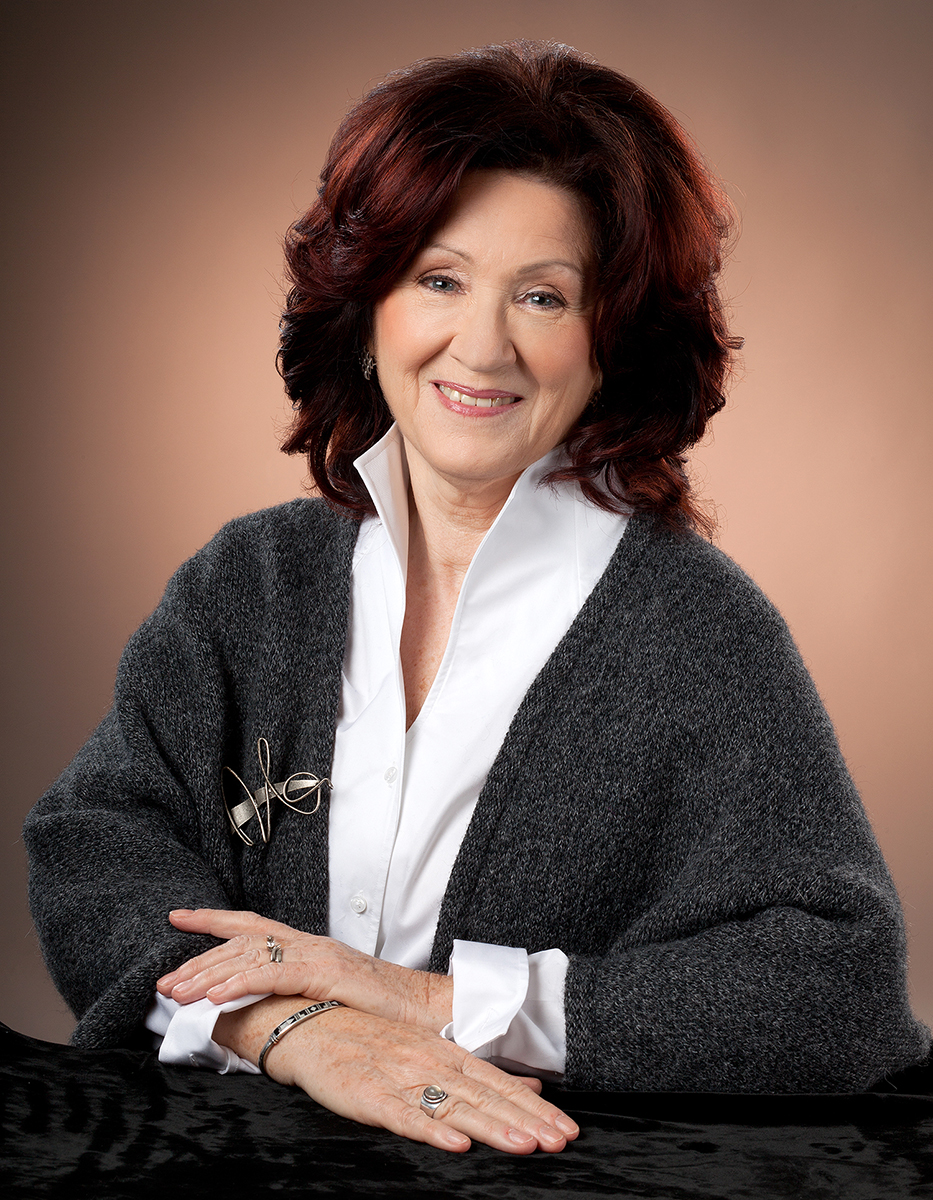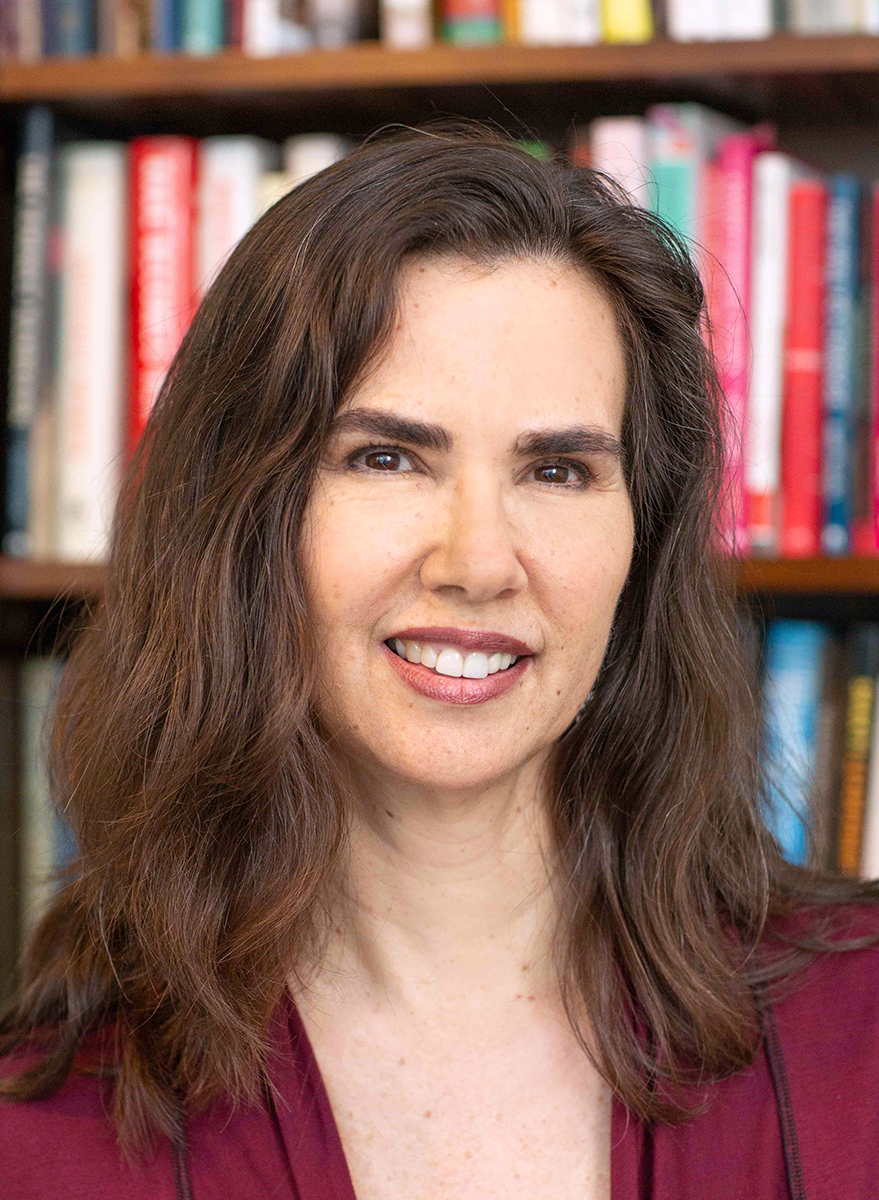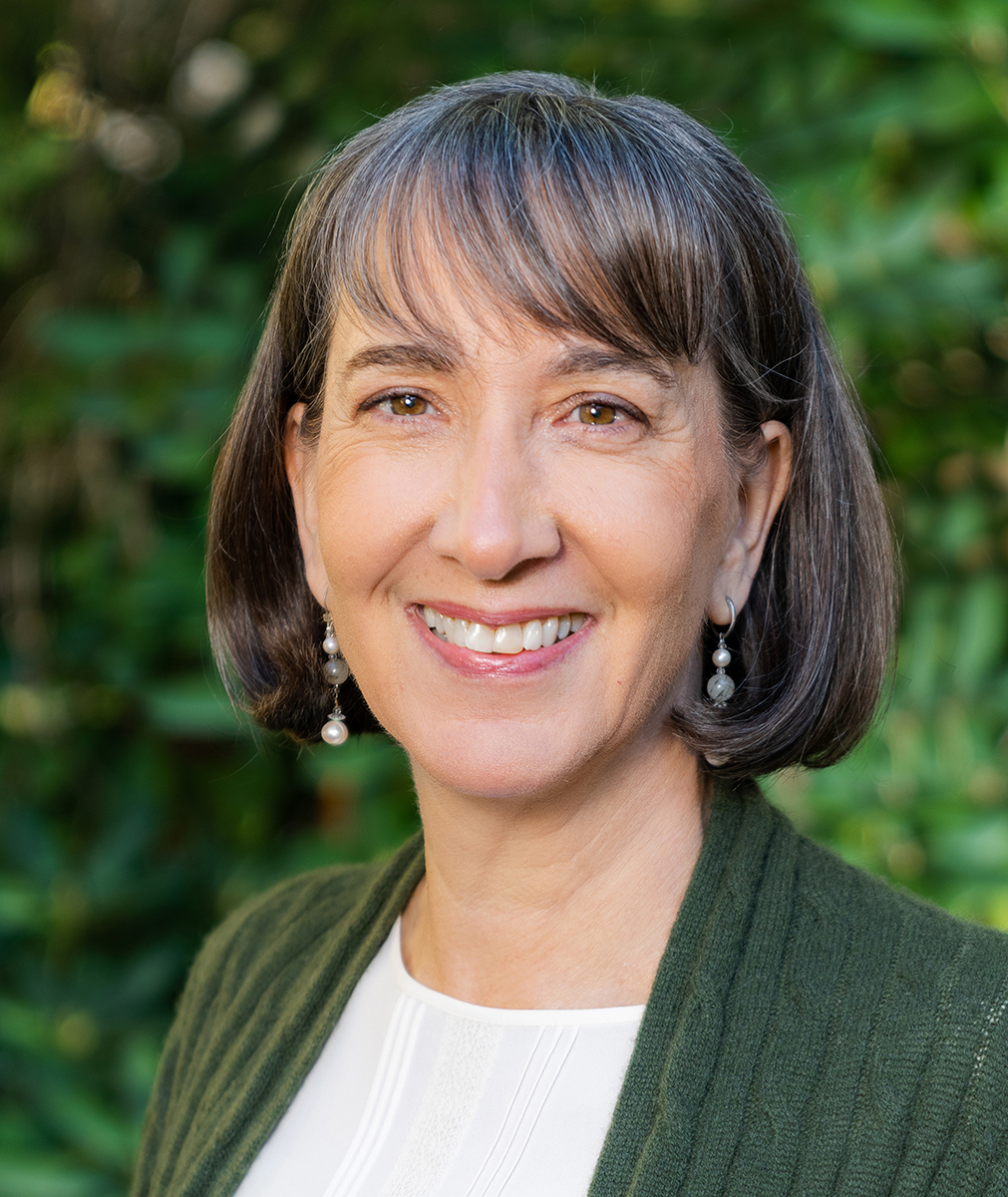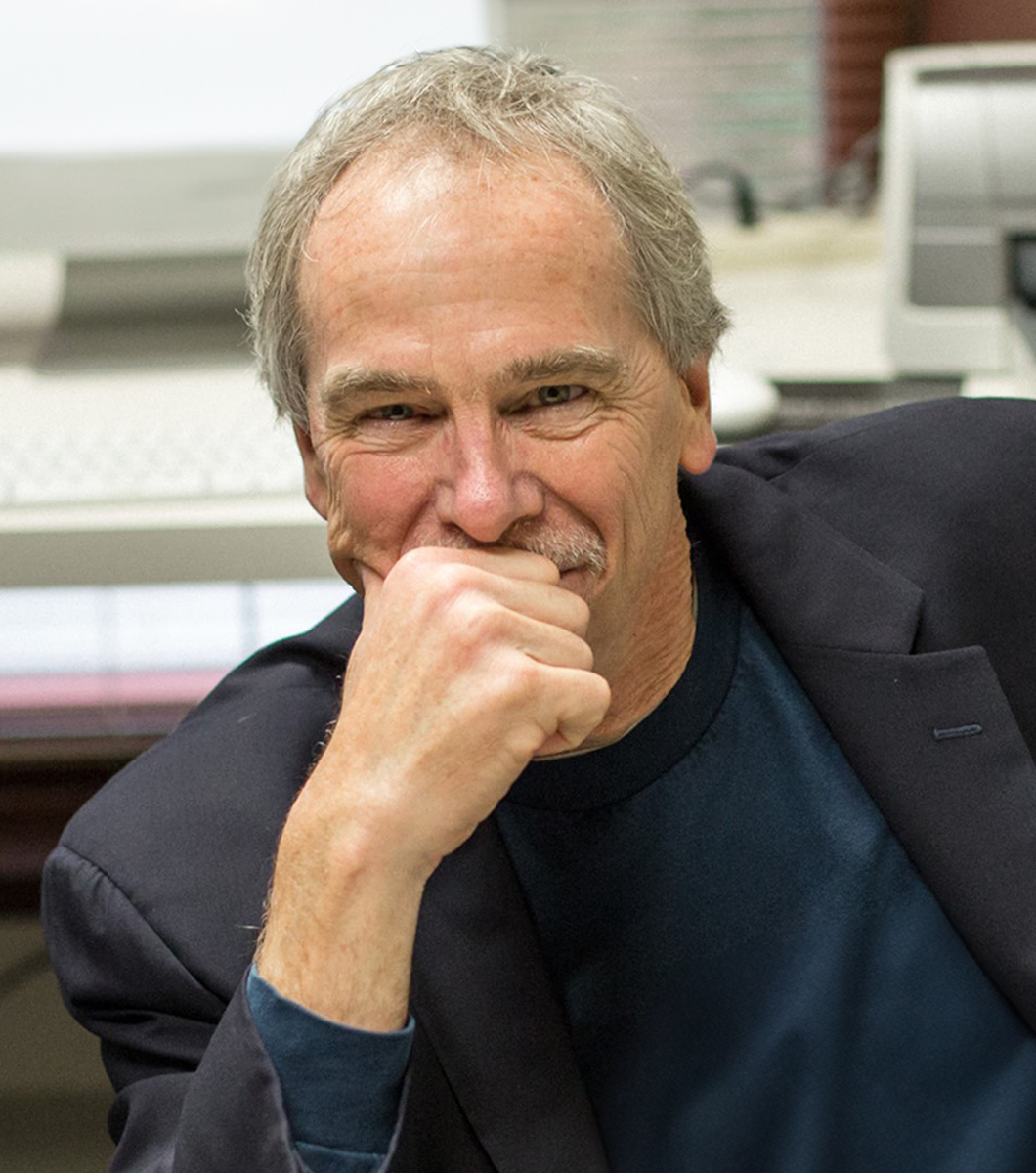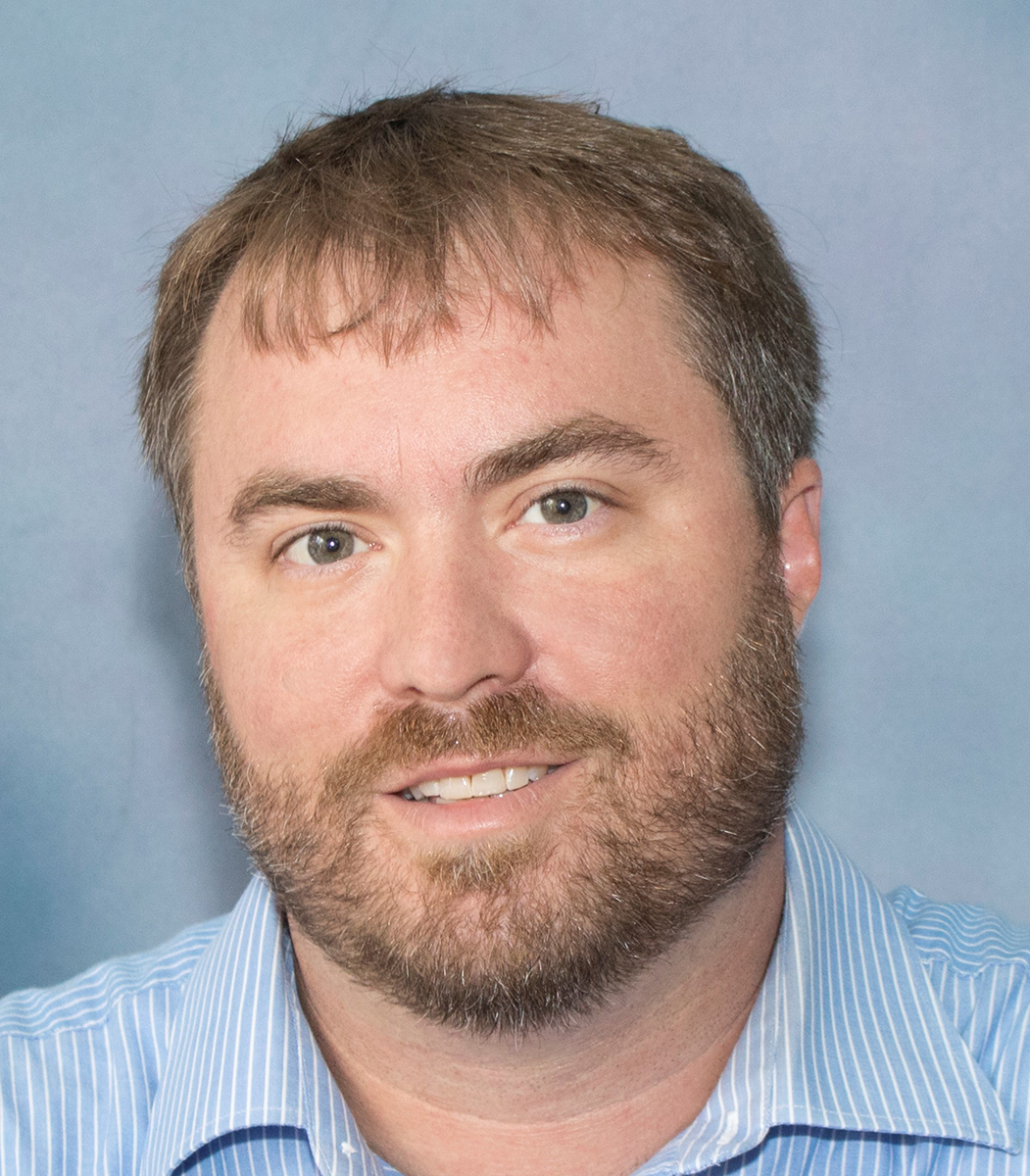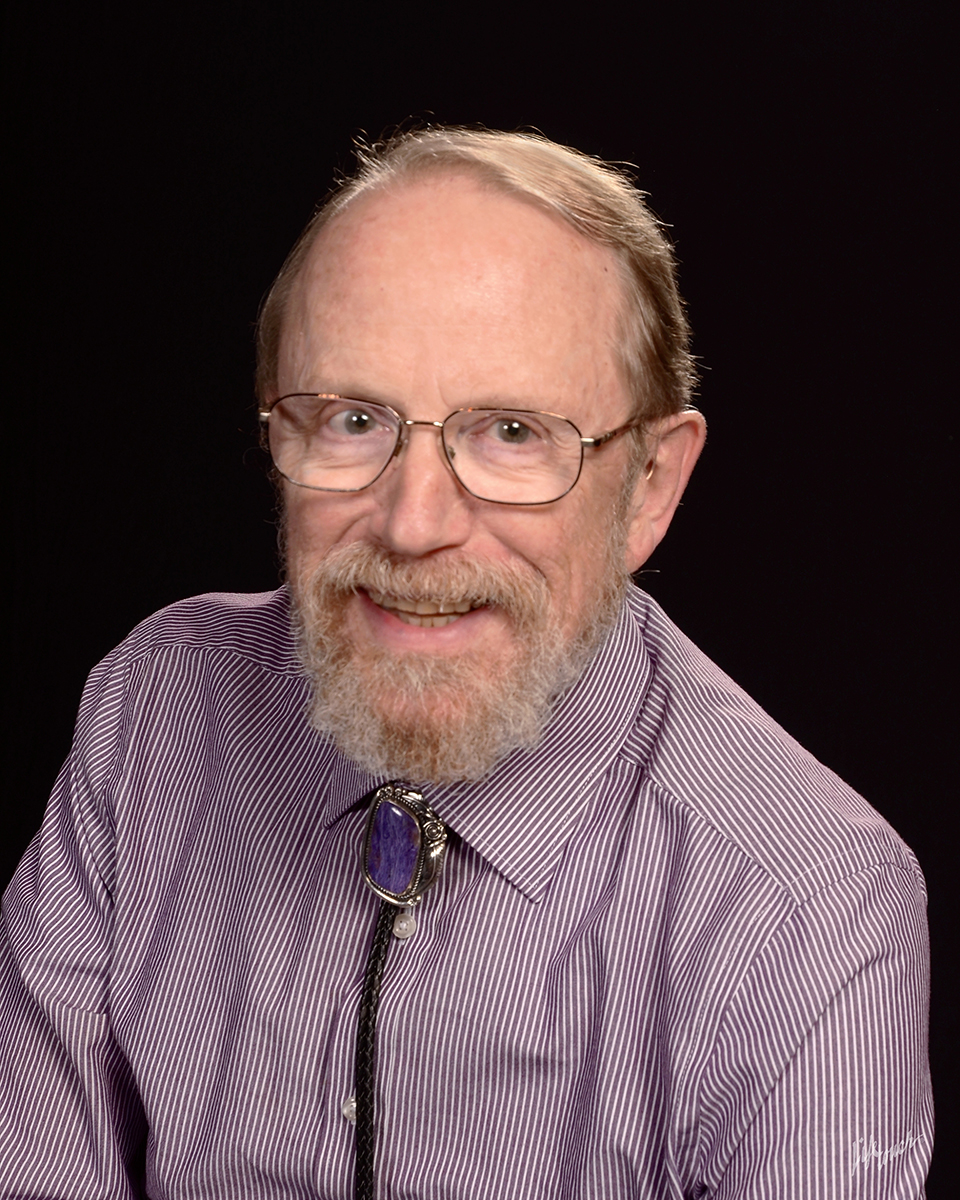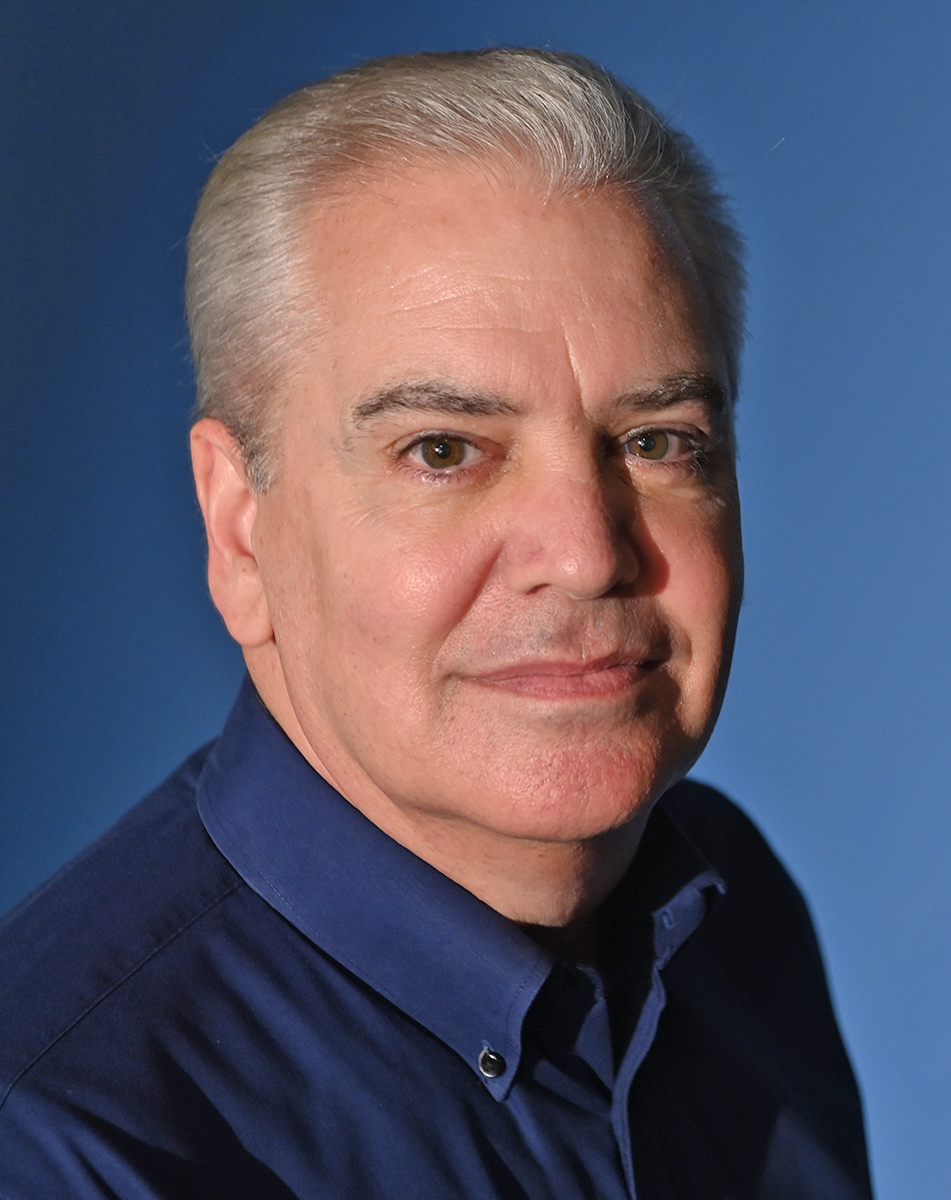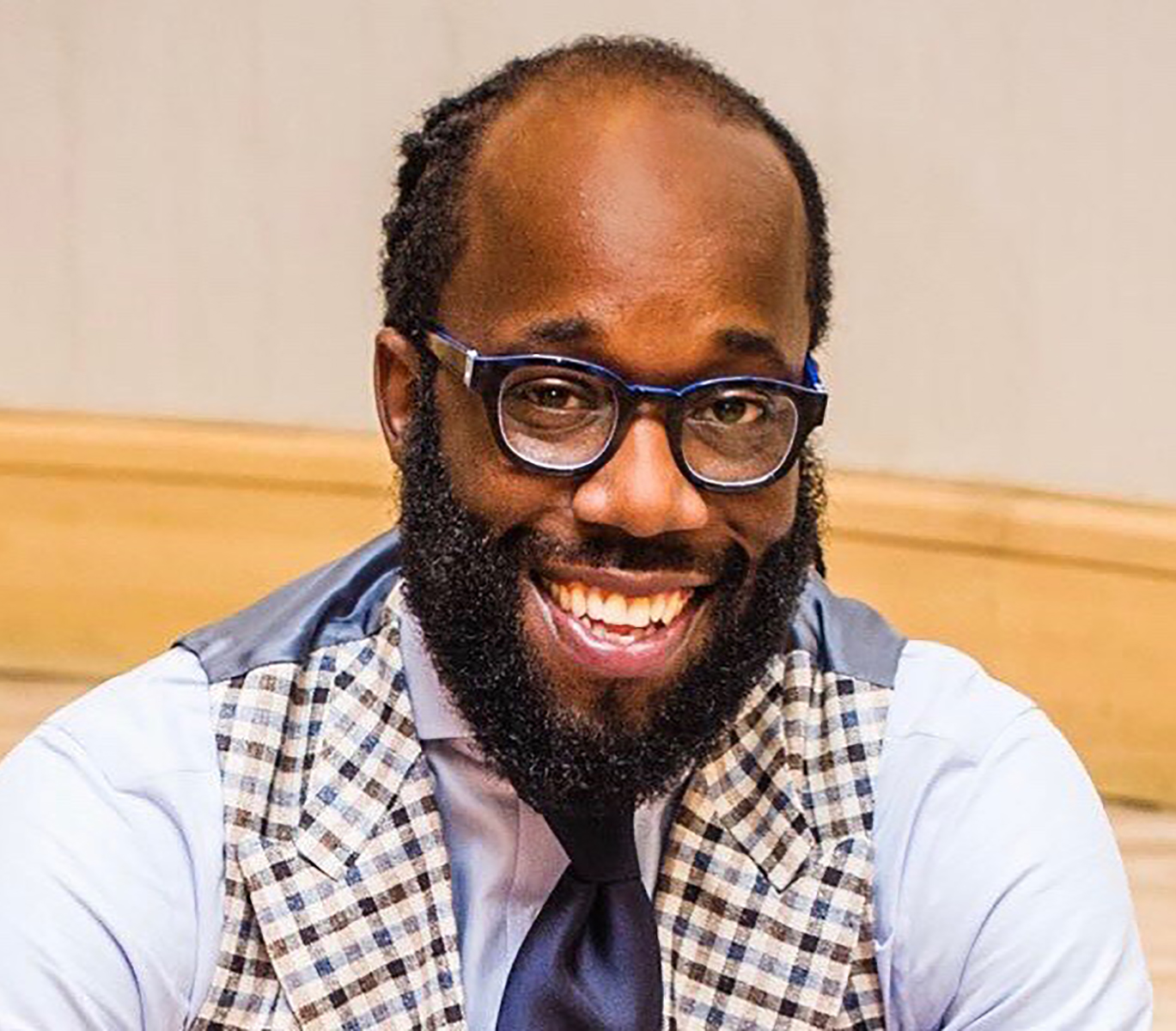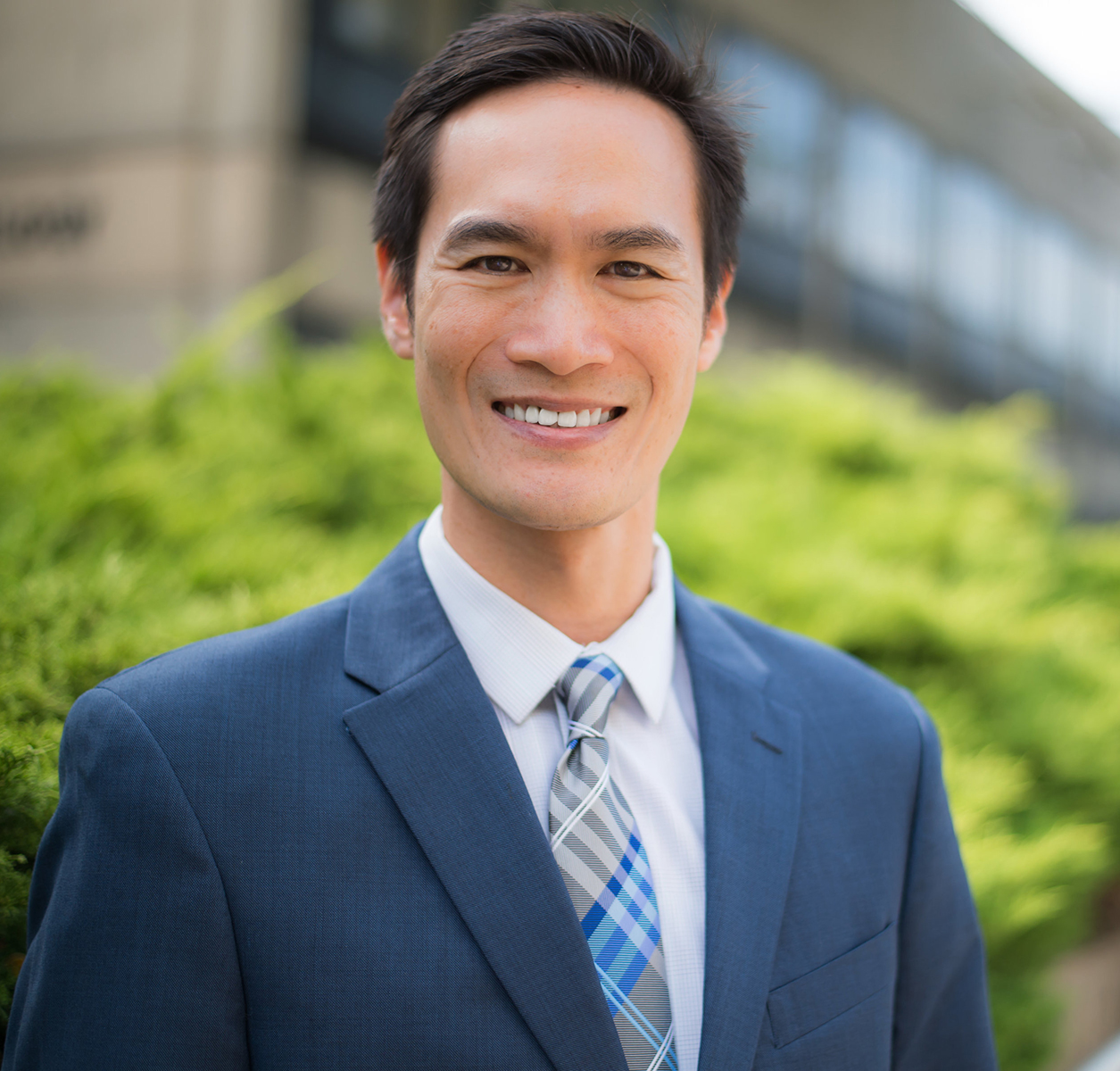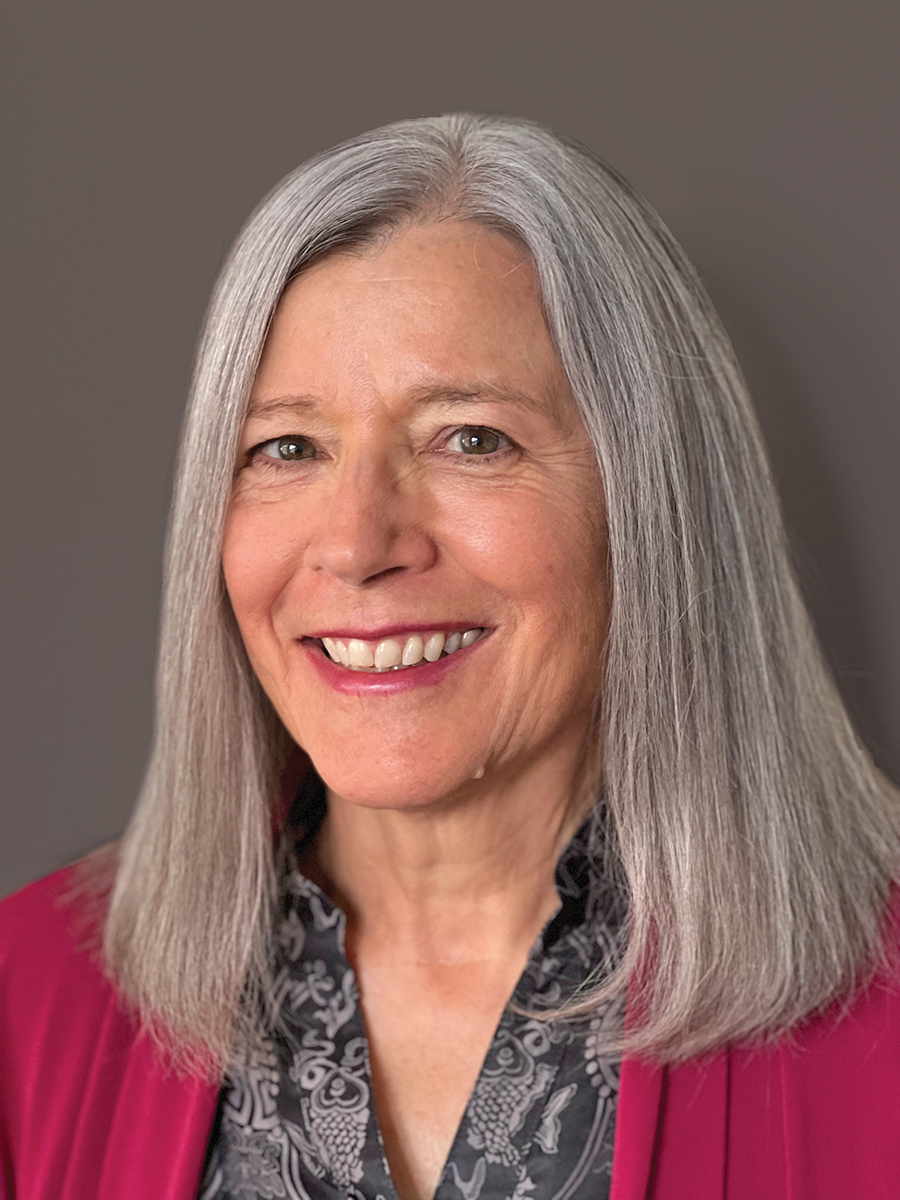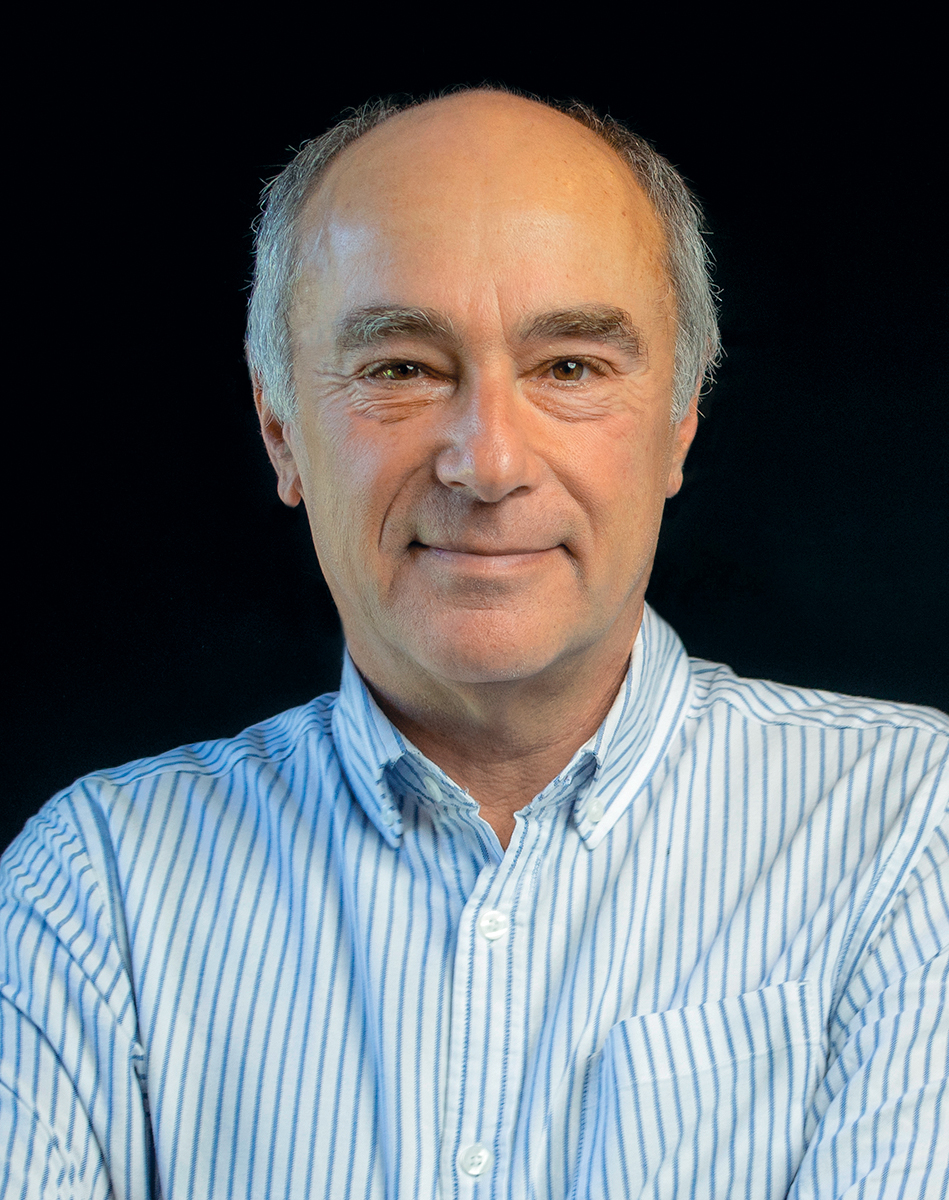Q&A with the Author
- What made you decide to write this book?
- What was the hardest part of writing it, and what was the easiest?
- What is one important lesson or message you hope readers take away from the book?
- Are there any other books that greatly influenced your writing process and/or your research?
- What led you to your specific area of study (the subject of your book)?
- Tell us one fascinating thing about this topic.
- Are there any common misconceptions about the topic?
- What advances do you hope we will see in the next 10 years?
- What made you decide to go into the field of mental health?
- When you are not working, what do you do for fun?
- What is your all-time favorite book?
- Is there a project that you are excited to work on next? (A presentation, a workshop, writing another book, etc.)
Tell us more about your latest book!
What made you decide to write this book?
I decided to write Attachment Theory in Practice because of my conviction that attachment theory is the way forward for the field of psychotherapy. It offers us a unique roadmap to more effective intervention, no matter what the therapy modality. To really create change we have to know who we are!
What was the hardest part of writing it, and what was the easiest?
The hardest part was integrating the latest attachment science into the existing field of psychotherapy research and practice—and then showing how this integration translates into a specific map for intervention in three modalities on a practical level. In terms of scope, Attachment Theory in Practice is a big book and I wanted to write it well. I wanted to inspire people. The easiest part of writing it was that I am very passionate about the topic, and I love writing about how people change and grow.
What is one important lesson or message you hope readers take away from the book?
I want people to know that humans are social bonding mammals, and we thrive in close relationships with others. If we recognize how this fact structures our nervous system and our relationships we can plug into the most potent longings and interactional dramas to create key corrective emotional experiences—experiences that transform our world and ourselves.
Are there any other books that greatly influenced your writing process and/or your research?
I have been strongly influenced by adult attachment scholars like Mario Mikulincer and Phil Shaver and their book, Attachment in Adulthood, and by brilliant young neuroscientists like Jim Coan, who conducted a brain scan study with me and my team at ICEEFT. I also really admire the work of Irvin Yalom, for example his book Love's Executioner.
We are interested in learning more about your expertise.
What led you to your specific area of study (the subject of your book)?
My parents owned an English pub, and I spent a lot of time there growing up. I observed the emotional drama of relationships unfolding every day. It fascinated me. As an adult, I began to work with distressed couples and became completely intrigued by the fact that no one seemed to know how to help them, or to understand love relationships. I was hooked.
Tell us one fascinating thing about this topic.
For thousands of years, we have all agreed that romantic love is a mystery—we fall in and fall out. Attachment science has cracked the code of love. We now have in our hands the way to make sense of love—and what you understand you can shape! That is something that matters to everyone.
Are there any common misconceptions about the topic?
Attachment has been associated with 'dependency' in a negative way. But it is now clear that dependency can be healthy and constructive. If we can accept our vulnerabilities and needs, and reach out to others in a positive way, pulling them close, we can actually grow stronger and more resilient.
What advances do you hope we will see in the next 10 years?
I would like to see the field of psychotherapy coalesce around attachment science and become more integrated and effective. I would like to see clinicians really begin to use the power of emotion and attachment focused interactions to create change in individuals, couples, and families. As attachment science has transformed parenting and how we see children, I would like to see it now transform the field of psychotherapy and also the culture of adult love.
Now a little bit about you…
What made you decide to go into the field of mental health?
I didn't really decide—I was simply fascinated with people and how they worked, and with how emotion—the music of emotion—shaped interactional dramas for better or worse. It was a short step then to move into working to understand people's pain, and how to help them with it.
When you are not working, what do you do for fun?
I dance Argentine Tango, which is all about attunement to another and moving in synchrony with them—it's a lot like therapy but it is set to beautiful music! I also like to garden and read history. I should have been a history professor in fact.
What is your all-time favorite book?
I read constantly! Lord of the Rings is a favorite, or maybe Through a Distant Mirror by Barbara Tuchman—it's a history of the 14th century, which was hell on earth. I also love the crime novels of Canadian author Louise Penny, and books like The Empathic Civilization by Jeremy Rifkin, who comments on the state of our world.
Is there a project that you are excited to work on next? (A presentation, a workshop, writing another book, etc.)
I'm very excited to conduct our first study of our EFT intervention as applied to individuals, specifically adults facing depression and anxiety. We also have a new online relationship education program called Hold Me Tight.
See all titles by and read more about Susan M. Johnson on her author page!
